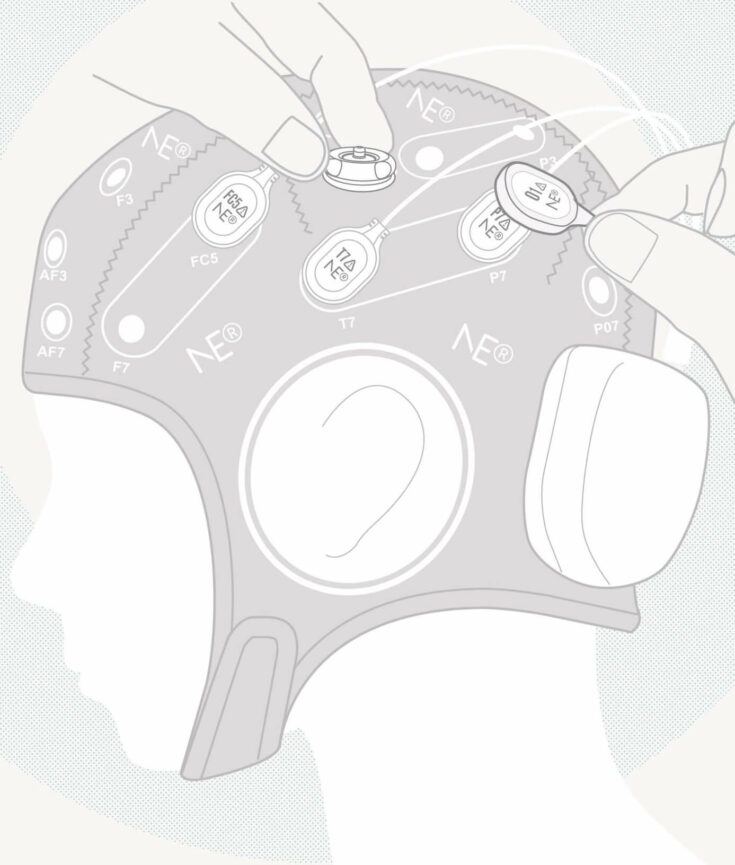In the last few weeks I’ve attended two very different events related to consumer BCIs; the “Wearables” session at MWC in Barcelona and the “BCI for the masses” panel at IBTin Tel Aviv.
The wearables session at MWC was, as you might expect, mainly about fitness trackers and watches. Pebble, Fitbit and Misfit/Swarovski presented their latest devices while SAP and Telefonica discussed enterprise applications.
The surprise of the afternoon though was Ariel Garten from Interaxon who presented Muse. Muse is the first real bet on a consumer BCI and it was a big moment for BCI to be part of this line-up. There are other consumer priced BCIs out there but in terms of concept and design this seems to be the front runner right now. The reaction from the audience was very interesting (real-time tweet walls tell you a lot). It was obvious that many had never heard of the technology before and jumped straight to “I never need to type again!” which is where most people go just before “can they read my mind??”. In the BCI community we have been discussing public perception for a long time and from the reaction of the crowd it seems that some of the typical misconceptions are still as likely as ever. More importantly though, it was very surprising to me that the concept of BCI is so far from mainstream that a MWC audience (a group of early adopters if ever there was one) was not fully aware of it. The application that Muse has chosen is (wisely) simple and very far from either mind reading or a user interface device that will replace your keyboard/mouse. It’s essentially a brain fitness/neurofeedback app that will appeal to many quantified-self/mindfulness enthusiasts.
This is an interesting start but is it a killer app? Obviously it’s hard to say but there is certainly growing interest in brain health and mindfulness.
A couple of weeks later I found myself on the “BCI for the masses” panel at IBT with Ariel from Interaxon, Conor Russomanno from OpenBCI and Hamutal Meridor from Brainihack. As the name of the panel suggests we really got into the issue of consumer BCI and it was surprising how similar our visions are. For our part, through Neuroelectrics and Neurokai, we are very focussed on medical devices, clinical applications and professional services. OpenBCI is working with hackers and makers and building an amazing educational platform, and as we know Muse is really aiming at consumer. Between us we cover the whole spectrum of commercial BCI with very different business models yet during the panel and after it was clear that we are coming from the same place in terms of what we think the technology can do.
Following the conference we all took part in Brainihack and watched as 14 teams competed for this year’s title. The winners included a video chat app that displays your true emotions as you chat and a system that detects whether the wearer recognises a person or not (think lie detector). Both really well done and very interesting but with, let’s be honest, a few ethical question marks. Assuming you could get them to work operationally (not trivial) it’s quite hard to imagine large numbers of consumers wanting this type of application.
Now, developing consumer apps is not the point of a hackathon but it highlights the fact that we are reaching the point where the technology is good enough for consumer but have yet to discover what the application might be.
We still have many years or research and development ahead of us in the medical and clinical domains but we will be watching closely to see what happens next in BCI for the masses.
